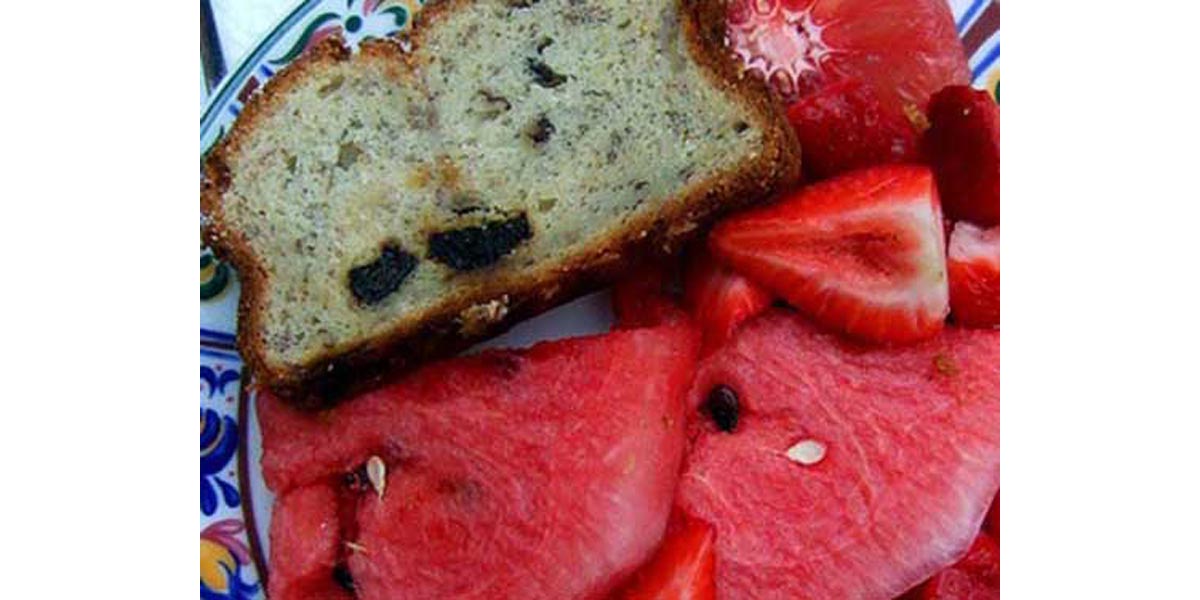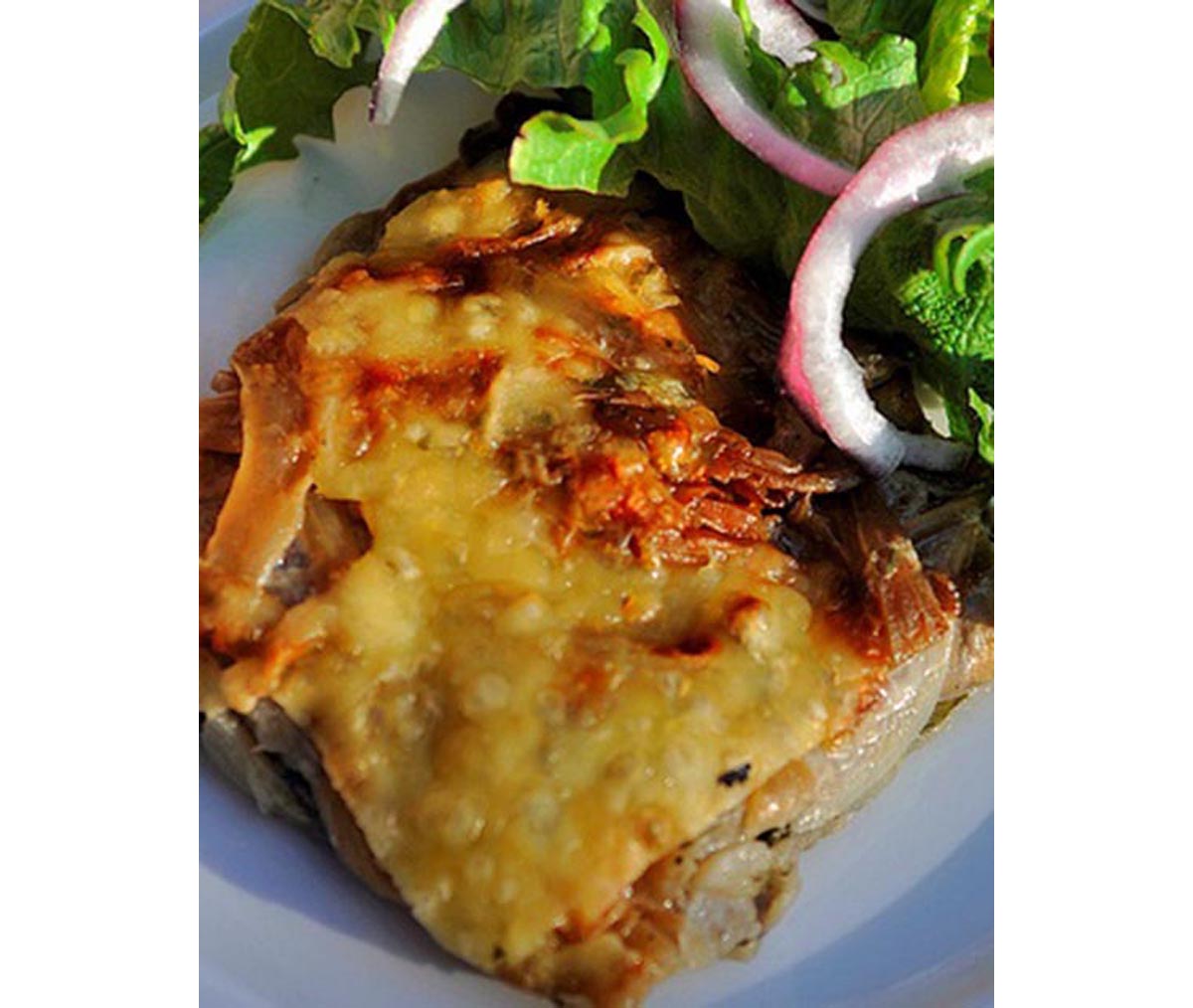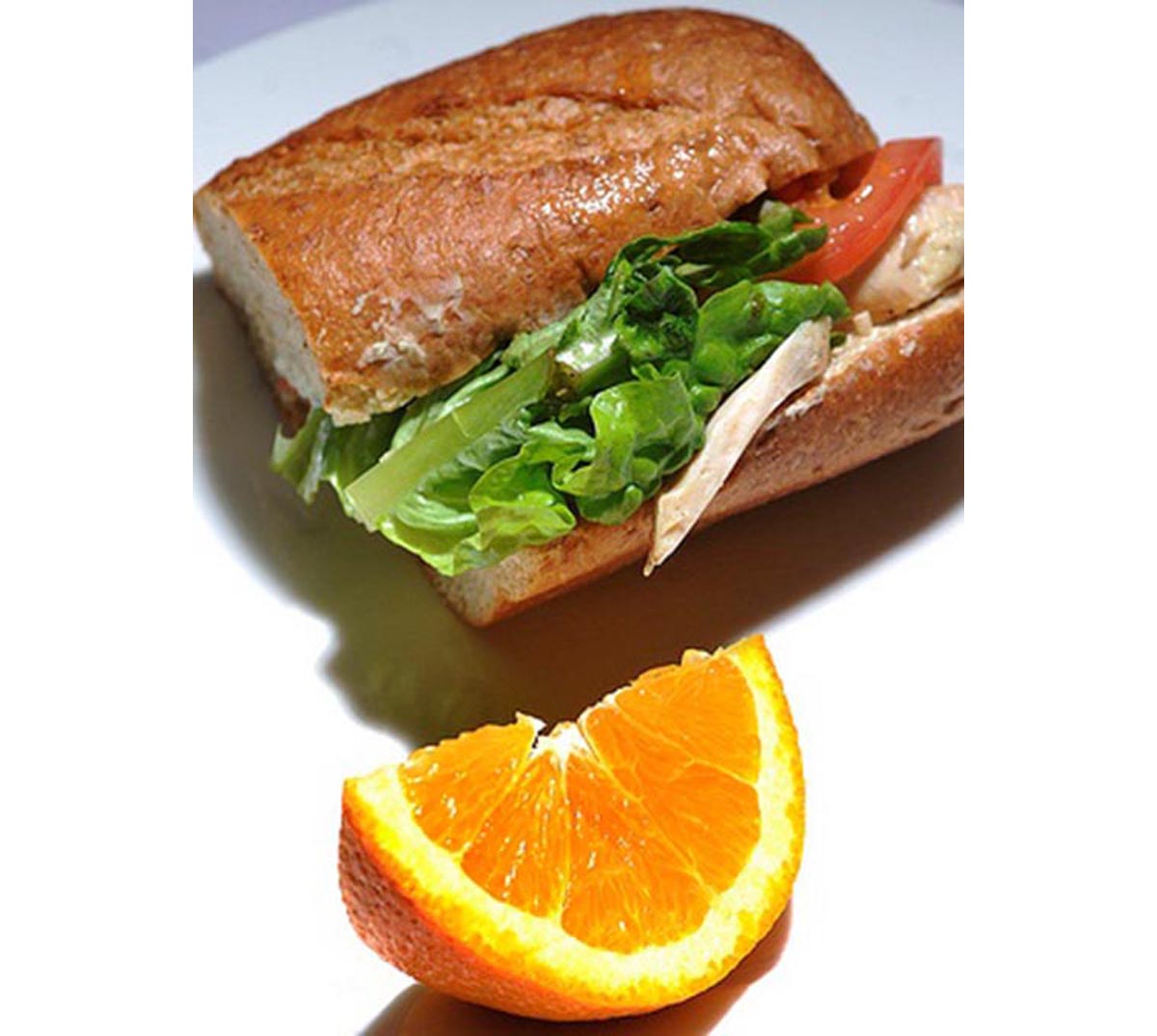Want to lose weight? Try a healthy 1500 calorie diet to reach your weight loss goals sooner than you thought possible, while feeling full and satisfied.
When you start a diet, instead of diving headfirst into dieting with absolutely no plan, you've got to have a long term plan. If you've been having trouble with dieting for a while now, don't worry, you're in the right place! The 1500 calorie per day meal may just work for you! We're going to tell you why a 1500 calorie per day meal plan can actually work, and why you don't have to feel hungry at any point, which may be a problem with other diets. Later, we'll give you a sample of a weekly meal plan, so you know exactly what you're getting into! Did you know that the weight loss industry makes billions each year on diets which people pay to be a part of?

Inevitably, these diets fail, and by the end of it people gain back all or even more of the weight they originally lost. The more people that try these insanely difficult diets, the more money the industry makes off you. If you are on of the many people who decided to diet then you'll now what it's like to fail. It's not you, though. There are diets that work.
Our first piece of advice? Stop paying for diets, and instead, make a lifestyle change. Watching calories can be painful, but once you get used to eating the right foods, eating 1500 of the healthiest calories and foods will leave you feeling energized, losing stored fat, and feeling confident and healthier than ever before.
One of the most difficult parts of a 1500 calorie diet is the food choices. Unlike on a weight-watchers style diet, it really does matter what you choose to eat. There are certain foods which will provide you with high amounts of vitamins, minerals, energy and fiber, and keep you full with fewer calories than other, comparable foods. This is why food choice is so important. Rather than putting all your focus on the number of calories, teach yourself which are the best foods and pay attention to healthy portion sizes.
Soon, it won't feel like a diet at all, but rather a way of life. Forming these healthy habits will reduce the chances of putting weight back on after the diet is over.
Once you've cleansed, you should see around you a variety of fruits and vegetables, yogurts, eggs, poultry and fish, brown rice, beans and other whole grains. This will be your basis, and what your food supple should consist of. Eating veggies with every meal will help to keep you full and loaded with healthy vitamins without piling on the calories. Continue reading to find out just what your daily meals will look like, and to know how to plan your own version of this. Note the portions sizes here.

Inevitably, these diets fail, and by the end of it people gain back all or even more of the weight they originally lost. The more people that try these insanely difficult diets, the more money the industry makes off you. If you are on of the many people who decided to diet then you'll now what it's like to fail. It's not you, though. There are diets that work.
Our first piece of advice? Stop paying for diets, and instead, make a lifestyle change. Watching calories can be painful, but once you get used to eating the right foods, eating 1500 of the healthiest calories and foods will leave you feeling energized, losing stored fat, and feeling confident and healthier than ever before.
One of the most difficult parts of a 1500 calorie diet is the food choices. Unlike on a weight-watchers style diet, it really does matter what you choose to eat. There are certain foods which will provide you with high amounts of vitamins, minerals, energy and fiber, and keep you full with fewer calories than other, comparable foods. This is why food choice is so important. Rather than putting all your focus on the number of calories, teach yourself which are the best foods and pay attention to healthy portion sizes.
Soon, it won't feel like a diet at all, but rather a way of life. Forming these healthy habits will reduce the chances of putting weight back on after the diet is over.
Making the right food choices
If you've decided to go on this diet, regardless of the number of pounds you want to lose, you need to start by cleansing out your life. Look into your cupboards, pantry and fridge and freezer. Remove all instant and processed foods. Remove the junk food, sweets, ice cream, candies, pastries, white breads, enriched pastas, and instant meals. Get rid of sweet drinks; pop, iced tea, juices (except for 100% pure organic juices), and anything else, other than water and milk.Once you've cleansed, you should see around you a variety of fruits and vegetables, yogurts, eggs, poultry and fish, brown rice, beans and other whole grains. This will be your basis, and what your food supple should consist of. Eating veggies with every meal will help to keep you full and loaded with healthy vitamins without piling on the calories. Continue reading to find out just what your daily meals will look like, and to know how to plan your own version of this. Note the portions sizes here.
1500 Calorie Sample Meal Plan
Here is a 6 day sample meal plan for a 1500 calorie per day diet. You'll notice that this diet is moderate, and includes the portions of each ingredient.
It also includes foods from every food group.
Day 1

1 poached egg
2 cranberry cornmeal pancakes
2 tsp. almond butter
2 tsp. maple syrup
Lunch
1 cup minestrone soup
1 oz. lowfat mozzarella cheese
2 pieces tomato slices
2 slices whole wheat bread
1 tsp. prepared mustard
Snack: Cashews
Dinner
4 oz. broiled salmon
1 cup couscous
1/2 cup broccoli
1/2 cup carrots
3/4 cup cucumber salad
1 tsp. olive oil
1 tbsp. Vinegar
Snack
1 cup nonfat yogurt
 Day 2
Day 2
Breakfast
1/2 cup cantaloupe
1 slice whole wheat toast
2 tsp. almond butter
1 cup coffee nonfat yogurt
Lunch
1/2 cup hummus
1/4 cup three bean salad
1 whole wheat roll
1/2 cup skim milk
Snack: 1oz peanuts
Dinner
4 oz. broiled swordfish
1 sweet potato
5 mushrooms
1/2 cup asparagus
1 cup tossed mixed greens
1 tbsp. olive oil
1 tbsp. vinegar
1/2 cup strawberries
Snack
2 whole grain crackers
2 tsp. peanut butter
1/2 cup skim milk
 Day 3
Day 3
Breakfast
1/4 cup egg substitutes
1/4 cup green pepper
2 tsp. canola oil
1 slice whole wheat toast
1 tsp. peanut butter
1 banana
Lunch
1 1/2 cups fresh spinach
2 oz. skinless roasted chicken breast
1 tsp. olive oil
1 tbsp. vinegar
1 sesame breadstick
1 cup nonfat skim milk
1 orange
Snack: Almonds
Dinner
3 oz. large shrimp
1 cup broccoli
1/2 cup sweet red bell pepper
1/2 cup summer squash
2 tsp. peanut oil
1 cup brown rice
1 cup skim milk
Snack: 1 peach
 Day 4
Day 4
Breakfast
1 whole wheat bagel
1 tbsp. peanut butter
1/2 cup orange juice
Lunch
2 oz. extra lean ham
1 oz. fat free Swiss cheese
2 tsp. mustard
3 slices fresh tomato
2 leaves butterhead lettuce
2 slices whole wheat bread
1 fresh kiwi fruit
1/2 cup skim milk
Snack: 1 oz pecans
Dinner
3 oz. skinless chicken breast
1/2 cup yams
1 cup kale
1/2 cup skim milk
Snack:
1 cup nonfat lemon yogurt
1 tbsp. dates

Day 5
Breakfast1 multigrain bran waffle
1 cup red raspberries
2 tsp. almond butter
1 tsp. maple syrup
Lunch
1/2 cup garbanzo beans
1/2 cup yellow corn
1 1/2 cup mixed salad greens
3/4 oz. walnuts
1 tbsp. olive oil
1 tbsp. vinegar
Snack: 1 oz mixed nuts
Dinner
4 oz. broiled haddock
1/2 cup corn
1 cup pea pods
1 cup spinach salad
1 tbsp. olive oil
2 tbsp. Vinegar
Snack: ½ cup mandarin oranges
Day 6

Breakfast
1 cup oatmeal
3/4 cup skim milk
2 tbsp. raisins
1 slice whole wheat toast
2 tsp. peanut butter
Lunch
2 oz. sardines in oil
2 slices whole grain bread
2 tsp. mustard
2 slices fresh tomato
Snack: 1 oz hazelnuts
Dinner
3 oz. pork tenderloin
1 cup brown rice
1/2 cup beets
1/2 cup zucchini
1 cup mixed salad greens
1 tbsp. olive oil
1 tbsp. cider vinegar
1 cup skim milk
Read more: Egg Diet For Weight Loss
Follow this diet plan or something similar of your own making. Take note of the types of oils and fats used, the variety of vegetables, and the snack portion sizes.
- “1500 Calorie Meal Plan” By Brigham and Women's Hospital, Affiliate of Harvard Medical School. Accessed march 2012. Retrieved from: http://www.brighamandwomens.org/Patients_Visitors/pcs/nutrition/services/healtheweightforwomen/eating/mealPlans/1500_calorie.aspx
- Photo courtesy of foodswings on Flicker: www.flickr.com/photos/foodswings/4590579854
- Photo courtesy of runintherain on Flicker: www.flickr.com/photos/runintherain/3503359080
- Photo courtesy of foodswings on Flicker: www.flickr.com/photos/foodswings/4590649460
- Photo courtesy of sifu_renkaon Flickr: www.flickr.com/photos/sifu_renka/3378811929
- Photo courtesy of el_ramon on Flickr: www.flickr.com/photos/el_ramon/474999727
- Photo courtesy of foodswings on Flickr: www.flickr.com/photos/foodswings/4589748559
- Photo courtesy of foodswings on Flickr: www.flickr.com/photos/foodswings/4590298368

